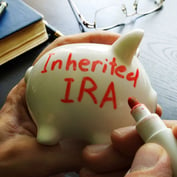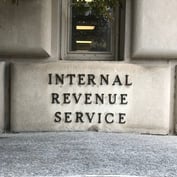Executives at H&R Block Inc. (NYSE:HRB) are hoping the Obama administration will get tough on individual health insurance mandate enforcement for the 2015 tax year.
A lack of PPACA tax documentation requirements for 2014 hurt business.
Executives at the tax preparation firm, H&R Block, talked about the effects of poor compliance with the Patient Protection and Affordable Care Act (PPACA) “shared responsibility” requirements Monday, during a conference call with securities analysts.
The firm reported $487 million in net income for the 12-month period that ended April 30 on $3.1 billion in revenue, compared with $500 million in net income on $3 billion in revenue for fiscal year 2014. At press time, the company had not yet broken out results for the fourth fiscal quarter.
Earnings were somewhat weaker than the company had hoped, in part because of the number of taxpayers who came in with PPACA tax problems was lower than expected.
H&R Block trained its tax preparers to help clients handle the tax filing requirements for PPACA exchange coverage, PPACA exchange plan tax credits, and the PPACA individual mandate.
Company surveys showed that the company’s clients would be about twice as likely as other taxpayers to have extra PPACA-related tax work, and that about 25 percent of the clients would have to fill out premium tax credit forms, or forms related to failures to meet PPACA coverage standards.
Instead, only about 16 percent of the 2014 tax filing clients filled out extra PPACA forms. A majority of those PPACA-affected taxpayers had to apply for an exemption from the PPACA coverage mandate, or else pay a penalty amounting to 1 percent of income.








 June 09, 2015 at 11:51 AM
June 09, 2015 at 11:51 AM










